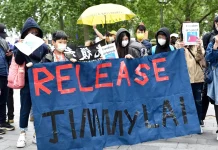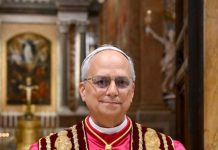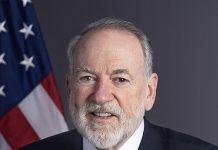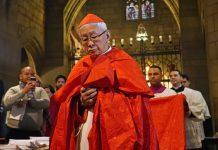Pope Leo XIV condemned the “iniquitous use of hunger as a weapon of war” and urging global leaders to take concrete action to address the worsening food crisis.
Newsroom, June 30, 2025, – Pope Leo XIV delivered a powerful message on Monday to the annual conference of the United Nations’ Food and Agriculture Organization (FAO), condemning the “iniquitous use of hunger as a weapon of war” and urging global leaders to take concrete action to address the worsening food crisis.
In his address, the pontiff described starvation as “a very cheap way of waging war,” particularly in conflicts driven by armed civilian groups with limited resources. “Burning land, stealing livestock, and blocking aid are tactics increasingly used by those who seek to control entire unarmed populations,” he said. He highlighted how water supply networks and communication routes often become the first military targets, leaving farmers unable to sell their produce and driving inflation to unsustainable levels. “This leads to huge numbers of people succumbing to the scourge of starvation and perishing,” Leo said, noting that political leaders often profit from such conflicts while civilians suffer.
The pope expressed dismay at the global deterioration of food security, casting doubt on the likelihood of achieving the United Nations’ “Zero Hunger” goal by 2030. Citing UN data, he noted that approximately 735 million people—9.2 percent of the global population—faced chronic hunger in 2022, a significant increase from 2019. An additional 2.4 billion people experienced moderate to severe food insecurity that year.
“It will not help to postpone a solution to this devastating situation,” Leo warned. “The anguish and hardship of the needy will continue to grow, making the road even harder and more convoluted.” He called for a shift “from words to deeds,” advocating for effective measures to restore confidence and dignity to those affected by hunger, rather than relying on “slogans and misleading promises.” The pontiff emphasized the need for accountability, stating that future generations will inherit “a legacy of injustices and inequalities” if action is not taken now.
Leo identified political crises, armed conflicts, and economic turbulence as key drivers of the global food crisis, which he said obstruct humanitarian aid and undermine local agricultural production. “This negates not only access to food, but also the right to lead a life of dignity and opportunity,” he said. He warned that failing to address the root causes of hunger would be “a fatal error,” urging leaders to heal the wounds caused by “years of selfishness and superficiality.”
The pope stressed that peace and stability are prerequisites for resilient agricultural systems and sustainable food supplies. “There will be no shortage of obstacles, but with a sense of humanity and fraternity, the results can only be positive,” he said, advocating for dialogue where parties are willing to listen, understand, and act together.
Leo also criticized the diversion of financial resources and technologies from poverty and hunger eradication to the production and trade of weapons. “Questionable ideologies are promoted while human relations cool, debasing communion and stifling fraternity and social friendship,” he said. He called for a renewed commitment to peacemaking and the common good, urging actions “rooted in serious and far-sighted approaches” to improve living conditions for those suffering from hunger, war, and poverty.
The Catholic Church, Leo affirmed, supports all initiatives to end the “outrage of hunger” and promote global food security. His message underscored the urgency of collective action to address the intertwined crises of conflict, poverty, and food insecurity, leaving no doubt about the moral imperative to act swiftly and decisively.
- Raju Hasmukh with files from Crux Now





































